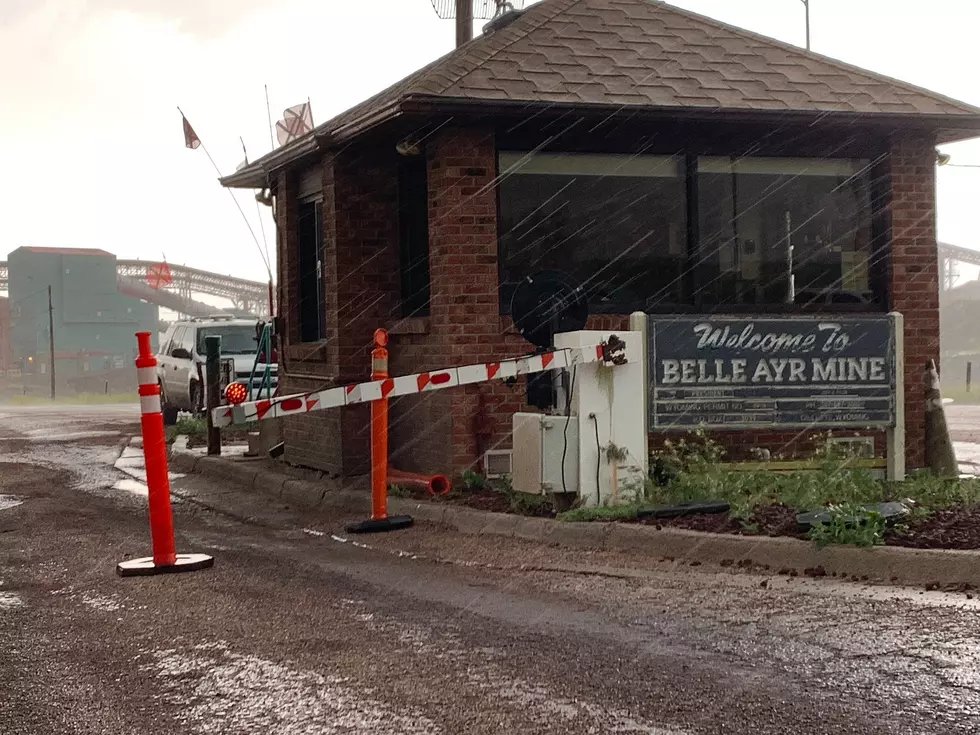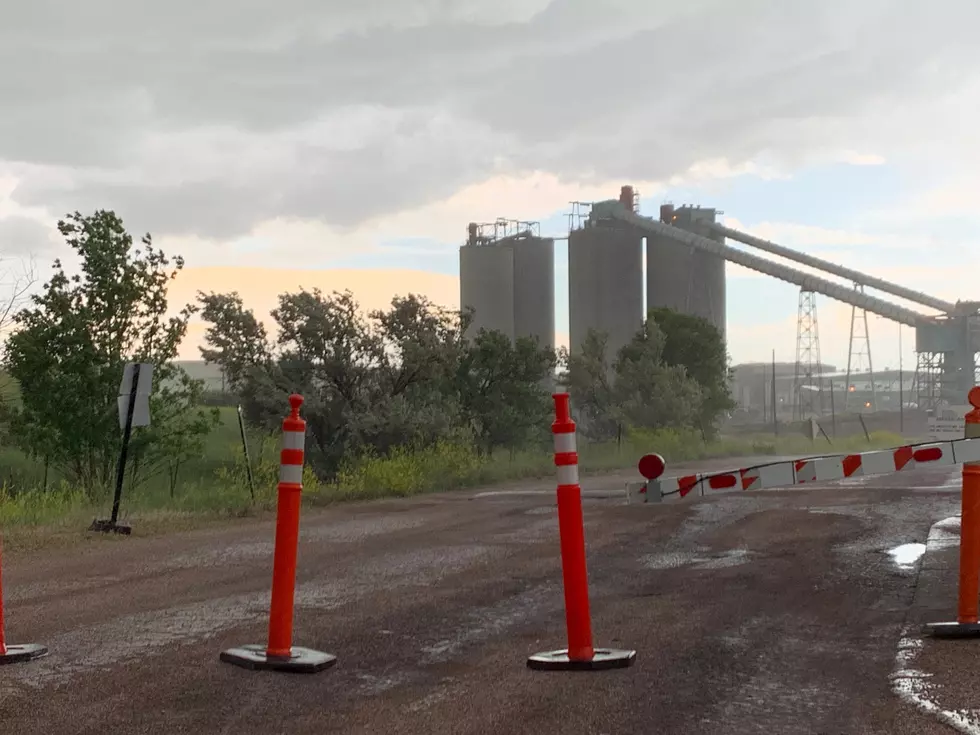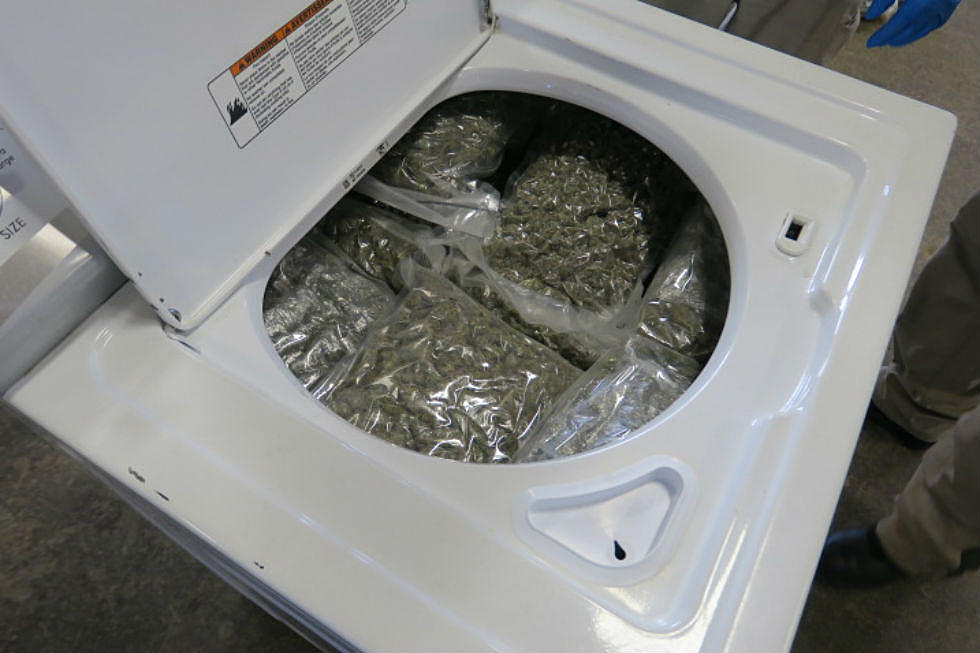
More Smokin': Park Pot Defendants Hail From Home of Famous Charcoal Maker; Attorney Files Motion to Suppress Seized Drugs
The home of the two women arrested with a massive amount of marijuana in Yellowstone National Park has a reputation for other pleasing aromas.
Kingsford Charcoal of Tucker County in northeastern West Virginia makes the famous black briquets that cook the burgers, hot dogs, barbecue and other summer grilling fare.
"Actually, it is the world's largest producing charcoal plant that Kingsford owns," said Mikie Dumire, associate publisher of the Parsons Advocate newspaper. Parsons is the Tucker County seat.
Tucker County also was the destination of Daphne Watkins and Janette Day. They were arrested in late May after authorities found their recreational vehicle parked at Grant Village in Yellowstone National Park was hauling 290 pounds of marijuana with an estimated street value of more than $1 million.
All of which could give the wrong impression of the 421-square-mile county nestled in northeast West Virginia.
The county is home to nearly 7,000 people who live amid the hilly countryside, make their living in an economy Dumire called "low to medium," and cheer the football team of the only high school. Besides Kingsford, other large employers include the school district, several ski resorts and two lumber mills including Ricottelli Lumber, which makes rail fencing under a contract with Home Depot, she said.
The county also has restaurants, two of which were operated by Watkins and Day, Dumire said.
But they weren't grilling in the park.
Watkins told park service agents that she had been trafficking marijuana and cash between California and West Virginia about four times a year for four years.
Watkins, 52, and Day, 61, have pleaded not guilty and remain in custody. If convicted, they face between five and 40 years behind bars and up to $5 million fines,.
However, Watkins through her attorney P. Craig Silva of Casper, last week asked U.S. District Court to suppress the seized pot under her Fourth Amendment rights. The RV allegedly was in a "no camping" area but no signs indicated that, Silva wrote. That was the only reasonable suspicion the rangers had to approach the vehicle.
"The area the Defendants were in was a parking lot, a location in which RV trailers do park," Silva wrote. "There is no evidence, from the affidavit, that the Defendants were attempting to camp in the area in violation of the regulation. There are any number of reasons they could be stopped in the location; be it as simple as being lost and need to find their way on the map."
More From K2 Radio









